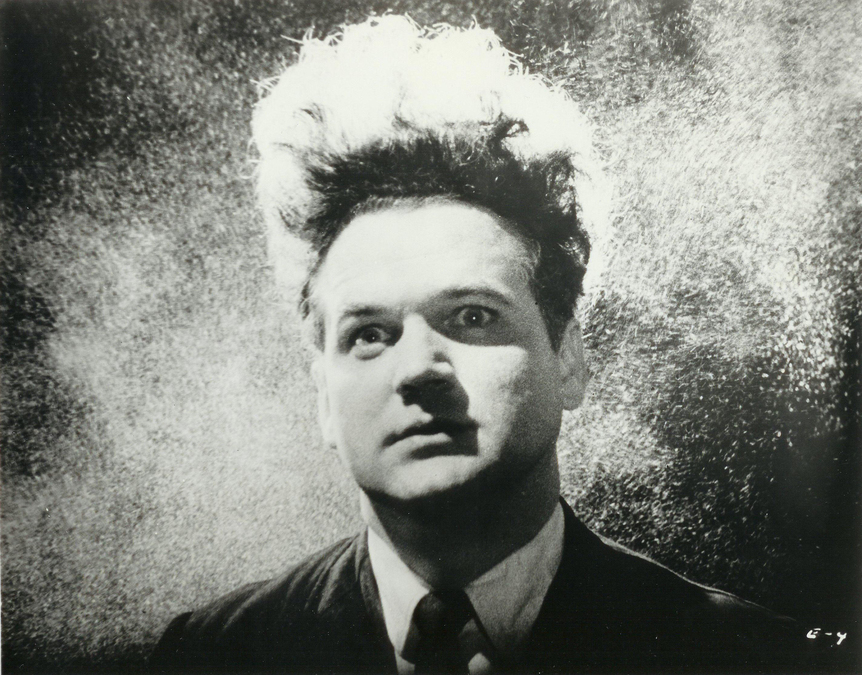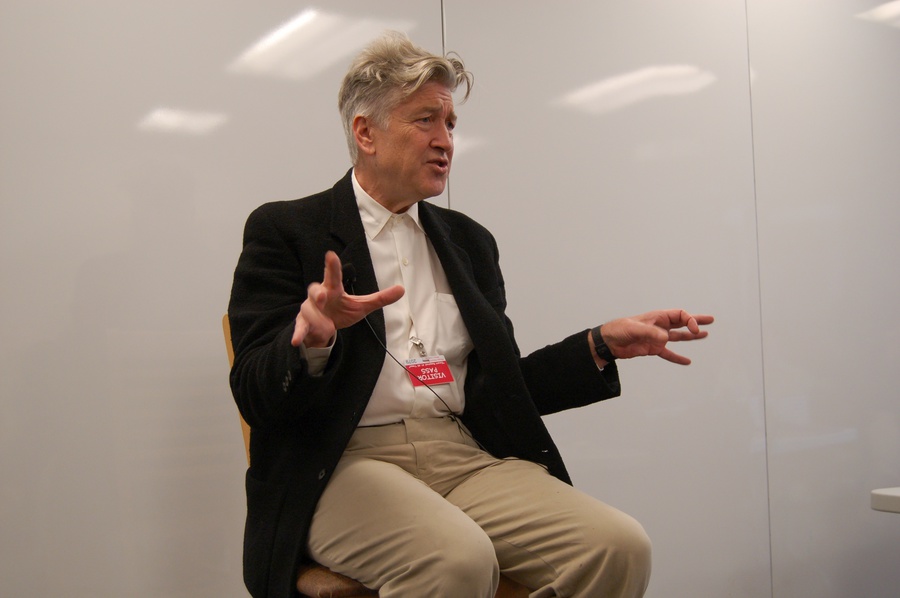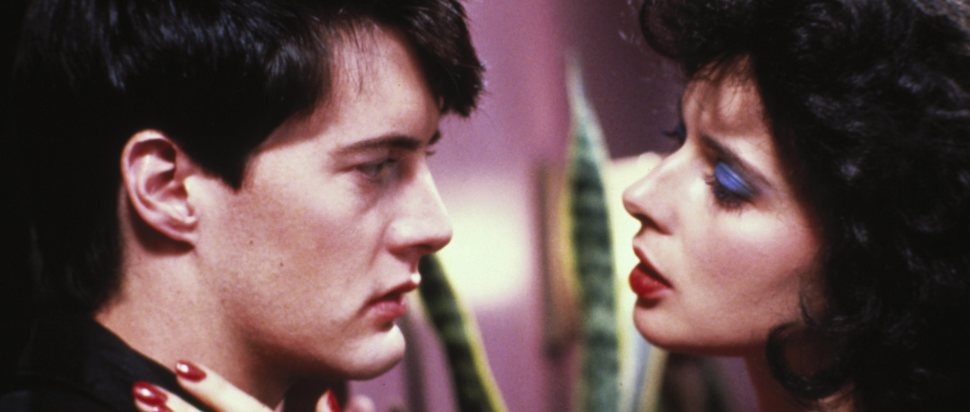David Lynch, a filmmaker who opened up the world
The late David Lynch was not an artist you had to understand. His films were not puzzles to solve, they were journeys that had to be experienced. One writer reflects on how dipping her toes in Lynch's films after years of reluctance opened up the world
It's past midnight. The end credits of Eraserhead roll. Two of my best friends and I are tangled on the sofa, delirious and tired and buoyant about what we’ve just seen. We have spent the last 89 minutes in something akin to a trance, letting images of beauty, hilarity, sadness and oddity confound us. We're unsure of what's just happened, but sure we have found something new and thrilling: that very rare thing, an artist who has invited us into his world and made us feel. We look at each other and laugh; something great has just happened.
David Lynch was a director I spent a long time avoiding – not because I thought I’d dislike him or that he wouldn’t interest me, but because of a latent fear of not getting it. I avoided many writers because of the same fear, too shy to face up to the works of Joyce and Beckett, say, lest I was cornered by someone I deemed more intellectual who would, for some reason, quiz me on their intricacies, leaving me blank-faced and babbling as I had to admit that it had all gone over my head. It wasn’t until I picked up my first Beckett and found myself laughing out loud that I realised I had nothing to fear. These were not artists I had to understand, these were artists I had, simply, to experience.

Jack Nance in Eraserhead.
Welcoming David Lynch into your life opens up a world: a world wherein the possibilities of art are seemingly endless, where irony lives among joyful earnestness, where love and beauty are reflected in the odd and disjointed. Discovering his films was like opening a toy chest full of broken dolls, limbs bent backwards, one eye closed and drooping, but so clearly and honestly loved. He brought to my attention the works of others in his sphere too: the paintings of Francis Bacon, the photographs of Diane Arbus and Francesca Woodman, all of whom created work that leaves me questioning and uncertain, but alive and singing with feelings. He does what all good artists do: he broadens your mind.
On the day Lynch passed, social media was awash with tributes and stories, everyone clambering to tell each other the exact moment they had found a friend in him, the moment they had realised there was someone out there just like them, someone weird and unapologetic about it, someone who viewed life the way we all wanted to: as a playground, a place to explore and marvel at. Lynch put it perfectly himself in his 2006 book Catching the Big Fish: “It’s supposed to be great living. It’s supposed to be fantastic.” In the drudgery of our every day, it can be so easy to lose sight of this fact, that our being here in the first place is a matter of extraordinary chance. It seemed, at times, that Lynch was one of the only people who knew this. And so it is with this in mind we should approach him, not as an opaque aesthete whose thinking is so beyond our own, but as the artist and person he was: someone who cared, deeply, about humanity, about our world and our place in it, and who loved, sincerely, those who were cast out of the mainstream.

David Lynch. Photo: @iotae via Wikimedia Commons
What does it mean, anyway, to understand a film? To understand any piece of art? Who are the great arbiters of opinion that get to decide what is meant by Lynch, or anyone’s work? Surely not the YouTube creators making their MULHOLLAND DRIVE ENDING EXPLAINED videos, surely not even the creators themselves. Surely it is only ourselves, our minds and hearts, standing in front of a work and letting it pass through us, letting us feel it.
A Rothko painting is many things to many people, not because of the colours on the canvas but because of the pair of eyes looking at it. Yves Klein and his blue matter to us because blue matters to us. We love Lynch because we love this world and all its myriad complications, alive and contradicting. I have not always agreed with Lynch but that is part of what I love about him. He has made me interrogate myself, made it so I look a little deeper at that around me, look, as he said himself, for the red ants crawling underneath this beautiful life.
The paintings of Francis Bacon, the words of Samuel Beckett, the films of David Lynch. I look at them, hold them in my vision and in my heart, and let them wash over me, taking me with their tidal pull. Do I understand any of it? No. And thank god for that.
David Lynch's 1986 masterpiece Blue Velvet screens at Dundee Contemporary Arts on 27 Feb, 8pm, and his 1989 road movie Wild at Heart screens in Edinburgh at Cameo, 15 Feb, 9.30pm and Banshee Labyrinth, 20 Feb, 7.30pm
